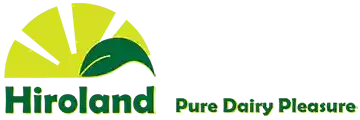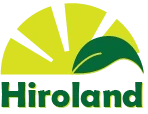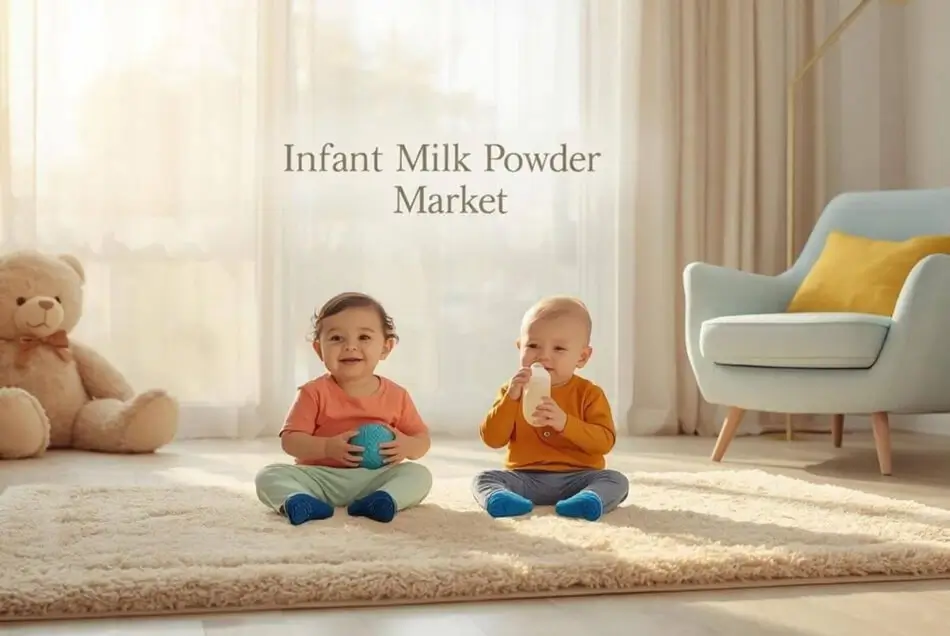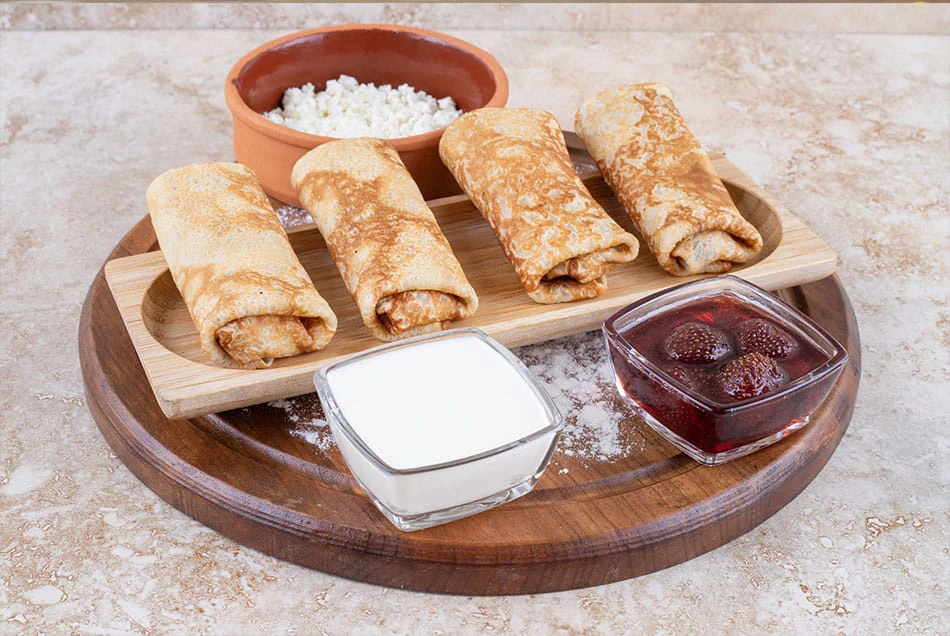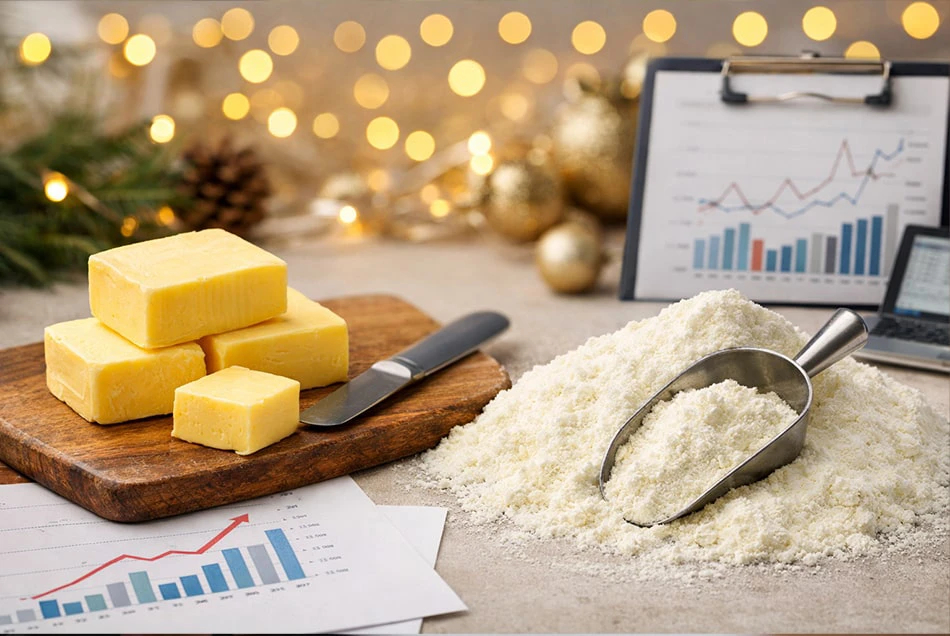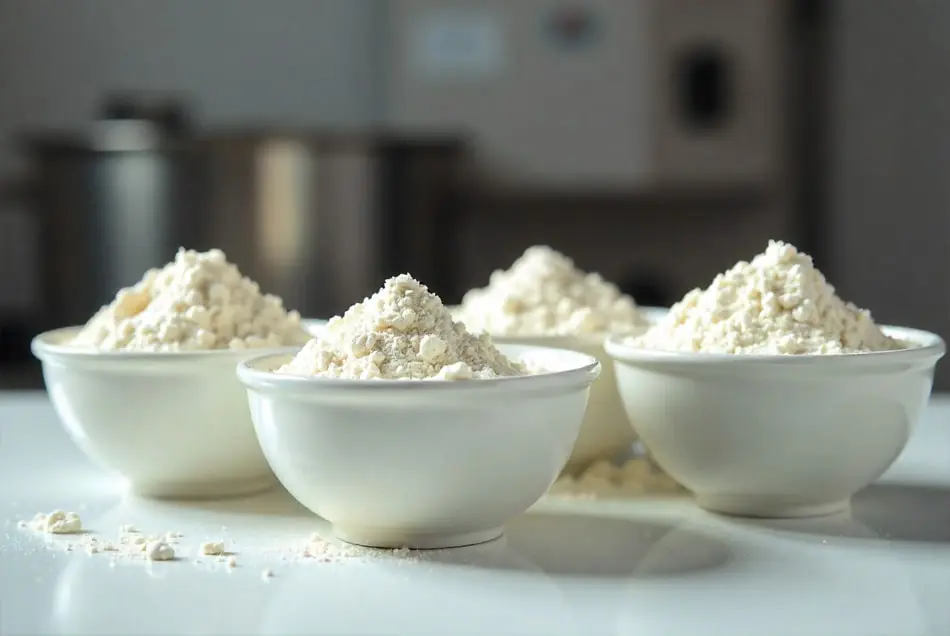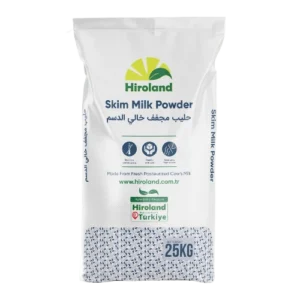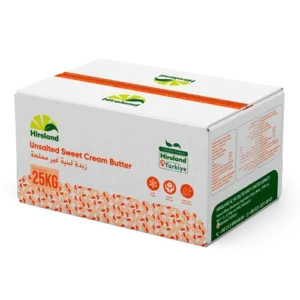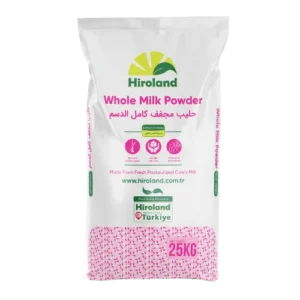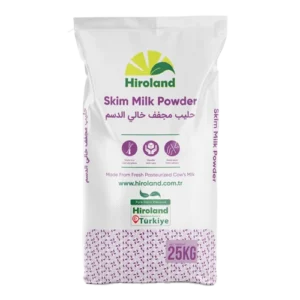Infant Milk Powder Market has witnessed remarkable growth over the past decade. Rising urbanization, higher disposable incomes, increasing female workforce participation, and growing awareness of infant nutrition have driven demand across the GCC, Iraq, North Africa, and broader MENA/Asia. Parents and distributors prioritize safety, purity, traceability, and trusted brands when choosing infant formula.
Infant Milk Powder Market Overview in MENA and GCC
The infant milk powder market in GCC countries is primarily import-driven due to limited local production. Countries such as Saudi Arabia, UAE, Kuwait, Bahrain, Qatar, and Oman rely heavily on international suppliers to meet domestic demand. In addition, Iraq, Egypt, and North African countries are emerging as high-growth markets due to rising birth rates, urban lifestyles, and increased e-commerce penetration.
Key trends driving this market include:
1. Health and Nutrition Awareness: Parents increasingly look for fortified formulas with DHA, ARA, prebiotics, probiotics, and essential vitamins.
2. Trust in Imported Brands: In countries without domestic infant milk powder production, trust is transferred to international brands from Europe, New Zealand, and the US.
3. Premiumization: There is a strong preference for organic, halal-certified, and functional infant formulas, which command higher price points but offer greater trust and perceived quality.
4. Regulatory Compliance: Local governments and import authorities prioritize strict certifications, product approvals, and labeling standards to ensure child safety.
According to Statista (2024), the GCC infant milk powder market is expected to grow at a CAGR of 6–7% over the next five years, with Saudi Arabia and UAE being the largest consumers in the region.
Infant Milk Powder Manufacturers’ Strategies
Infant milk powder manufacturers in the region—both global and local—follow multiple strategies to accommodate ingredient requirements and regulatory demands:
- Sourcing Premium Dairy Ingredients: Manufacturers rely on trusted milk powders, whey powders, and proteins to ensure nutritional consistency and safety. Imported ingredients are often preferred in countries without local milk powder production.
- Quality Assurance Programs: Strict QA/QC processes and laboratory testing ensure products meet international standards such as Codex Alimentarius, EU directives, or FDA requirements.
- Local Adaptation: Some manufacturers adjust formulations for local preferences, e.g., halal certification, lactose-free options, or age-specific formulas.
- Supply Chain Partnerships: To secure a reliable supply of high-quality ingredients, many manufacturers partner with reputable suppliers like Hiroland, which can provide traceable, standardized, and certified dairy powders.
- E-commerce and Direct-to-Consumer Channels: Manufacturers are increasingly selling via online platforms, which requires stable and consistent ingredient supply to maintain product availability and trust.
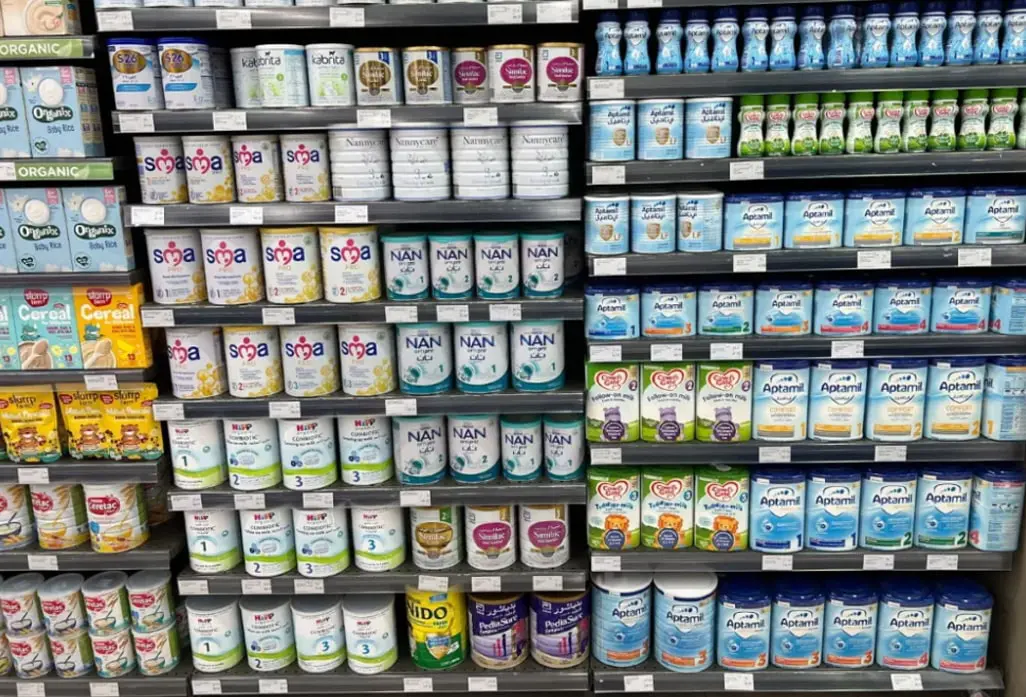
Prominent brands such as Nestlé (NAN, Nido), Abbott (Similac), Danone (Aptamil), and regional players like Almarai (Nuralac) and SADAFCO dominate these markets. Their success is linked to their ability to source, test, and standardize ingredients while maintaining compliance with regional regulations.
Hiroland’s Role in the Infant Milk Powder Supply Chain
Although Hiroland is not producing infant milk powder, we play a critical supporting role in the supply chain:
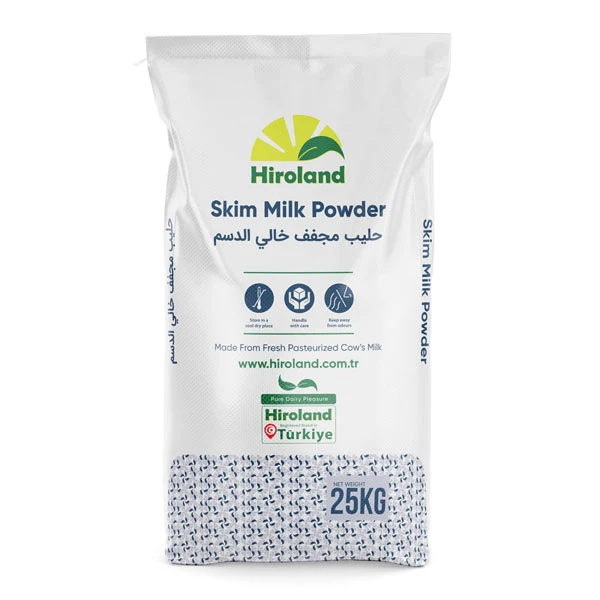
- High-Quality Dairy Ingredients: Hiroland provides skim milk powder, whole milk powder, whey powders, and protein concentrates that meet the strict requirements of infant formula manufacturers.
- Regulatory Compliance: All ingredients are produced in compliance with EU standards, ensuring safety and traceability.
- Market Reach: Hiroland already exports to GCC countries, Iraq, North Africa, MENA, and broader Asia, providing manufacturers with a stable and reliable supply chain.
- Trust Factor: For manufacturers, sourcing from Hiroland assures that products meet consumer expectations for safety, nutrition, and quality, which is crucial in trust-sensitive markets like infant nutrition.
By leveraging Hiroland’s trade expertise, production reliability, and international certifications, manufacturers can focus on formulation and branding while ensuring their products are safe, nutritious, and compliant.
Infant Milk Powder Market Opportunities for B2B Partnerships
Given the rapid growth of the infant milk powder market in the MENA and GCC regions, Hiroland can explore strategic partnerships such as:
1. Supplying premium dairy ingredients to regional infant formula producers.
2. Collaborating with international brands entering GCC and North Africa markets to ensure reliable ingredient sourcing.
3. Providing functional or fortified milk powders tailored to local nutrition trends.
4. Supporting manufacturers in scaling production while maintaining compliance with regulatory and consumer standards.
These strategies allow Hiroland to capture value in the high-demand infant nutrition segment without immediate entry into formula production.
To explore how Hiroland can support your strict infant formula manufacturing requirements, contact our team today.
Read More: Hiroland’s Global Reach: Supplying Premium Dairy Ingredients Worldwide
Read More: Baby Milk & Infant Formula – MENA
